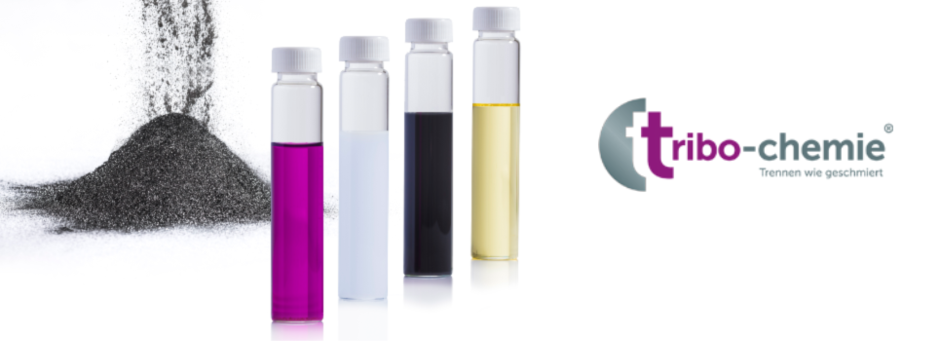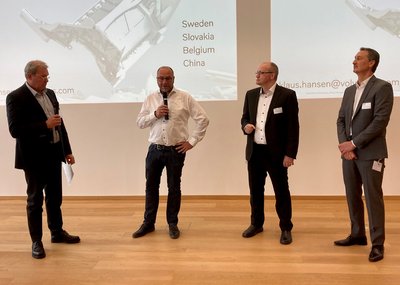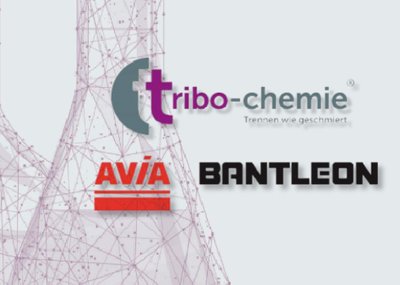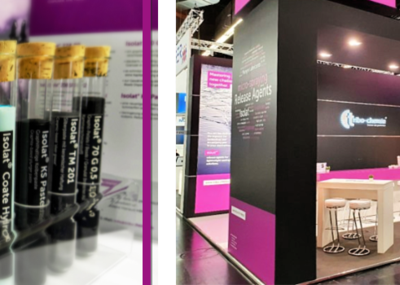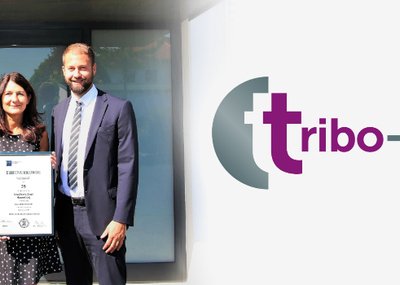There is no doubt that minimum-/small quantity- or micro-spraying has the potential to revolutionize high-pressure die casting technology in the coming years. With this technology, release agent emulsion e.g. pure or in low dilution ratios or water-free release oils are finely atomised and sprayed onto the mould surface in very small quantities.
By eliminating the external, the thermal altering load on the mould surface is significantly reduced, which can counteract the premature aging of the tool steel. A holistic transition to this technology can yield some benefits: Cycle times are shortened, mould service life extended and wastewater quantities minimised. However, such a change is associated with immense investments. Starting with a special spraying technique, a form specially designed for minimum / minimum quantity / micro spraying, up to a powerful cooling / heating system. In order to make optimum use of the advantage of faster cycle times, technical peripheral equipment, such as removal robots, etc., must usually also be adapted to the process.
In order to achieve the desired economic advantage, the cycle time must be reduced by at least 10% when changing the spraying process and the mould service life must be significantly extended. [1]
Tribo-Chemie GmbH has been intensively dedicated to further product development for this new application approach for years resulting in a wide range of different products. However, their experience now shows that astonishing results can also be achieved with conventional spraying technology, as the fact is: The potential for optimization without a sharp change in technology is often underestimated!
In direct cooperation with customers and application technology, Tribo-Chemie GmbH has succeeded in numerous cases in optimizing release agent consumption by modifying various casting parameters while reducing cycle times and simultaneously improving part quality - while the process is ongoing, without production downtimes, directly in the foundry!
Optimizing results in a complex interplay of numerous factors that influence the entire casting process. Thanks to their many years of experience, the specialists at Tribo-Chemie GmbH can exploit their full potential and quickly present positive results for the company.
The following application example will briefly describe how such an optimization process can look like:
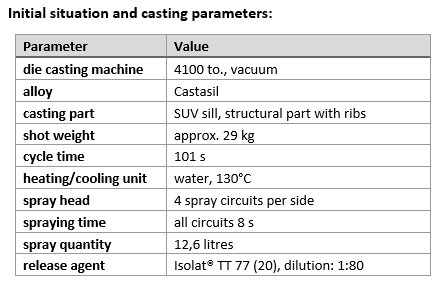
In three consecutive sub-steps, a reduction in release agent consumption to 6.0 liters was achieved by changing various casting parameters, such as modification of individual spray circles, changing the blow-out program and adjusting the media and compressed air pressures. At the same time, the cycle time was reduced from 101 s to 98 s and the casting surface was qualitatively improved. The actual application example described here is certainly not the normal case, but shows in a quite impressive way how successful an optimization of the spraying process can be. On average, the optimizations carried out by customers to date have resulted in a 20-30% reduction in release agent consumption while simultaneously reducing the cycle time.
Especially with regard to the use of release agents, the motto should be: "As much as necessary, as little as possible". An over-use of media is not only uneconomical, but can also have a negative effect on the quality of the castings. If, on the other hand, too little release agent is used, distortion, poor release and, in the worst case, sticking problems and metallization can occur. For this reason, optimization should always be carried out in small, sequential steps; the casting parameters and part quality must be checked after each optimization step.
The release agent Isolat® TT 77 from Tribo-Chemie GmbH covers an enormously wide range of applications and leaves the foundryman a great deal of freedom.
The aim of Tribo-Chemie GmbH is to exploit the entire product potential and to master new challenges together.

